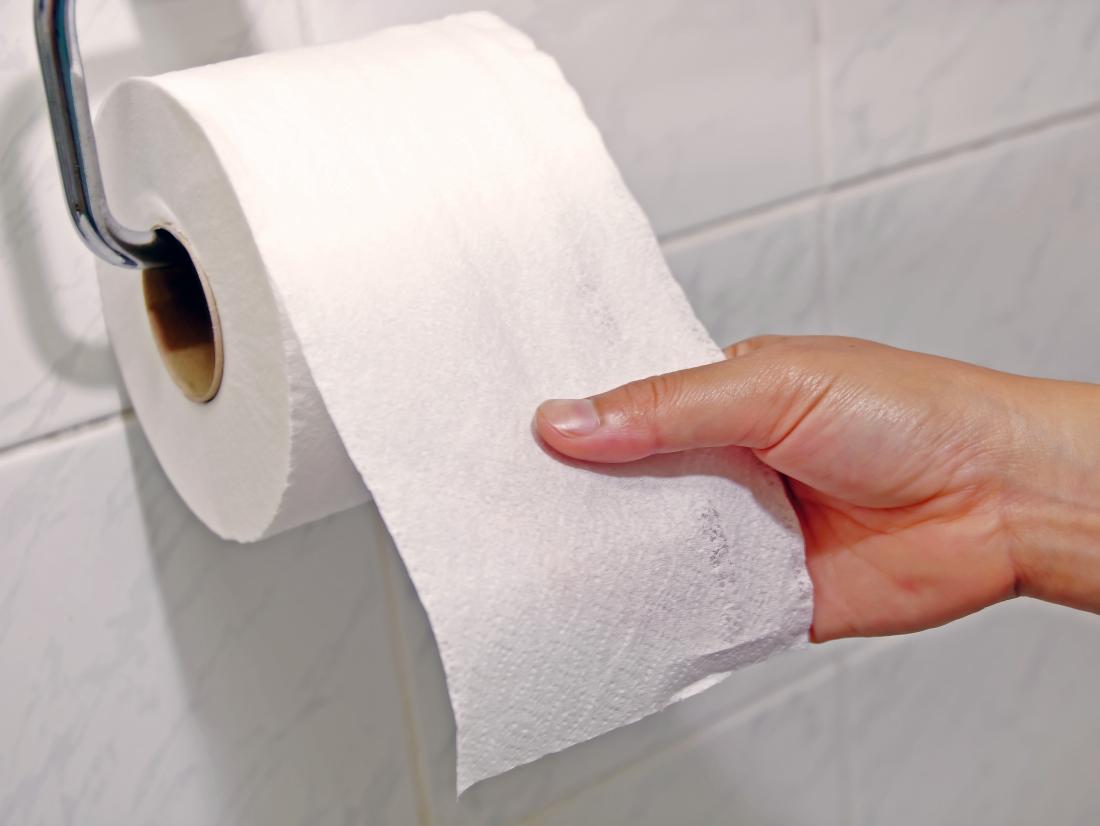Health professionals do not recommend relying on bowel movements to lose weight. Instead, a person should try to adopt a healthful diet that contains lots of fiber.
Research suggests that fiber-rich diets are good for long term weight loss. They can also cause a person to poop more often. This makes them a good option for constipation relief.
Constipation causes stool to build up in the bowels, creating an uncomfortable heavy or bloated feeling. This can make a person feel as though they are carrying extra weight.
This article looks at how much weight a person might lose after a bowel movement, and how much stool the body usually contains. It also looks at how weight loss diets can affect bowel movements and lists some tips for relieving constipation.
Bowel movements and weight loss
When a person has a bowel movement, they may lose an insignificant amount of weight.
A person may lose a very small amount of weight when they have a bowel movement.
How much weight this is differs for every individual, but in general, it is not significant.
As the body passes stool, it also releases gas. This can reduce bloating and make a person feel as though they have lost a little weight. However, it is important to remember that many factors affect weight. It is not simply a measurement of what goes in and out of the body.
The weight loss associated with having a bowel movement is temporary. This is because the body is constantly processing food. Also, people will gradually replace the waste matter that leaves the body as stool by eating more food.
The amount of time it takes for the body to completely digest food and pass it from the body as stool is hard to estimate. There are two reasons for this: It is not easy to track the passage of food through the digestive system, and every individual and type of food is different.
As an estimate, for a healthy adult eating a standard meal, it takes around 4–5 hours for the stomach to empty and around 30–40 hours for the matter to pass through the colon.
Acids and enzymes in the stomach break down food. It then enters the gut, where bacteria break it down further. The body absorbs useful nutrients and passes the rest as waste.
Stool is not just undigested food. It also comprises:
- water
- food that the body cannot digest or absorb
- bacteria
- dead cells
That said, the makeup of a person’s stool will vary depending on how much fluid they consume and what they have eaten. Incorporating plenty of fluids, whole grains, fruits, and vegetables in the diet can make for a softer stool.
How much stool does the body usually contain?

A person’s fiber intake may affect the weight of their stools.
It is not possible to determine exactly how much stool is in the body at any given time.
As an estimate, the average amount of stool an adult produces per day is 128 grams. Every person is different, however. Also, if a person has a bowel movement two to three times per day, the average weight of each stool is likely to be lower.
Some factors that can affect the average weight of a person’s stool include:
- their diet, particularly fiber intake
- frequency of bowel movements
- body size
- fluid intake
Including more fiber in the diet tends to increase stool weight.
People who are taller or weigh more are likely to have heavier stools. In addition, drinking more fluids increases the weight of a stool, as more fluid leaves the body through bowel movements.
Waiting to pass a stool can make it drier and heavier. It is best to pass a stool as soon as the urge is there. Softer stools with a higher liquid content tend to pass more easily from the body.
Do you poop more when on a weight loss diet?
Healthful weight loss diets usually include lots of fruits, vegetables, and whole grains. These are all high in fiber. Including more fiber in the diet can increase stool weight and encourage more regular bowel movements.
Because of this, a person following a weight loss diet may have bowel movements more often. However, it is important to remember that any weight loss they see is primarily due to other aspects of the diet — not the increase in bowel movements.
Many weight loss diets suggest eating more protein. Meat is a common source of protein, but it can be more difficult to digest than other foods.
Also, these diets may not include as much fiber as the body needs. Fiber helps bulk out a stool, and without it, the stool may be loose and runny. A lack of fiber can also give rise to constipation.
Weight loss diets that are high in fiber and may increase bowel movements include:
Weight loss diets that are low in fiber and may decrease bowel movements, or not affect them, include:
The Centers for Disease Control and Prevention (CDC) recommend following a balanced diet and a healthful eating plan as the best way to lose weight.
A balanced diet should include fruits and vegetables, whole grains, lean meat, fish, eggs, beans, and nuts. It should limit saturated fats, processed foods, and high amounts of salt and sugar.
Eating only as many calories per day as the body needs, and trying to exercise every day, are effective ways to maintain a healthful weight.
Getting an accurate measurement of weight can also help when following a weight loss diet. To get an accurate reading, step on the scales at the same time each day, without clothes on and ideally after having a bowel movement.
Tips for healthy bowel movements

People can help encourage bowel movements through gentle exercise.
Relax and take time to have a bowel movement. Trying to have a bowel movement at the same time every day, such as after breakfast, can help keep things regular.
However, not everyone will have a bowel movement every day. A healthy range is between three times per day and three times per week. However, traveling, stress, pregnancy, medication, and illness can all affect usual bowel movements.
It is important to listen to the body’s signals. Be sure to go when needed, and not to force the body.
Gentle exercise may help encourage a bowel movement. As well as adopting a healthful diet, being physically active can help maintain a healthy digestive system and encourage regular bowel movements.
Other tips include drinking enough fluids and including enough fiber in the diet.
Constipation may need treatment with over-the-counter laxatives. Sometimes, an underlying health condition may be to blame. If constipation does not improve with changes to diet and exercise, seek medical advice.
Summary
If a bowel movement results in weight loss, it will be a temporary and insignificant change to a person’s weight. This is because the body is always processing food and passing waste.
As a result, people should not consider bowel movements as a weight loss method.
Including more fiber in the diet can encourage regular bowel movements. It may also help to lose weight. Heavier stools tend to be healthier, as they contain more fiber and fluids.
